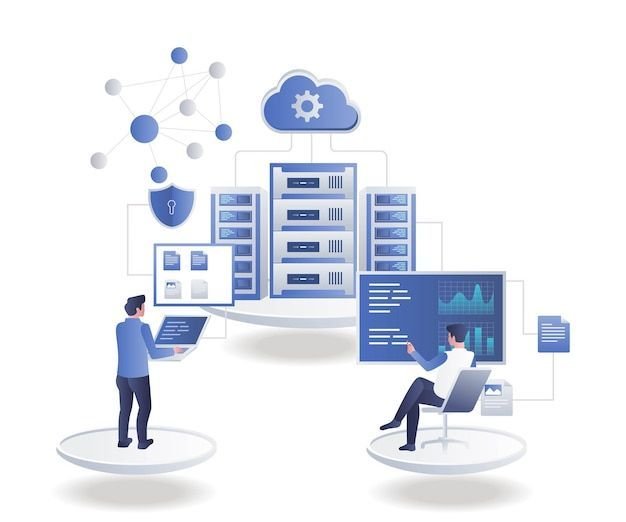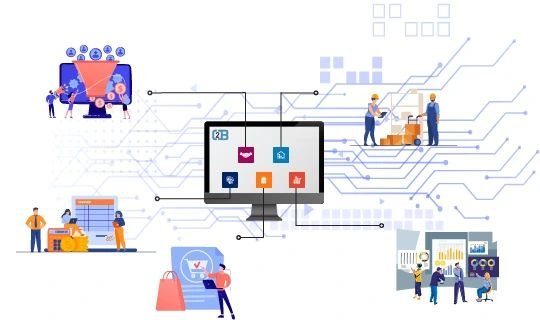Implementing ERPNext: A Step-by-Step Guide for Businesses
In today's fast-paced digital world, businesses require efficient Enterprise Resource Planning (ERP) solutions to streamline operations, improve productivity, and enhance decision-making. ERPNext, an open-source ERP system, provides a comprehensive, cost-effective,…









